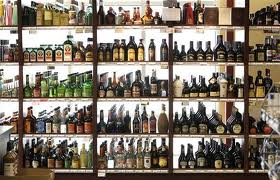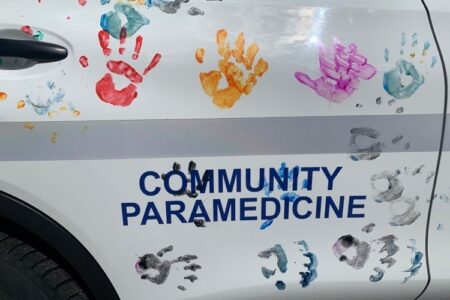Changes continue in BC liquor industry
Premier Christy Clark announced this week the B.C. government’s support for a second set of key liquor changes that will create opportunities for small businesses and legions and open up new dining options for B.C. families, while continuing to protect public safety.
To create more consumer convenience and give businesses more flexibility to grow, government will be introducing happy hour to B.C.
To make sure liquor rules better reflect how British Columbians live, families soon will have the freedom to eat together in B.C.’s pubs, legions and restaurants. To enhance health and public safety, the Province also will improve and expand B.C.’s responsible beverage service program, Serving it Right (SIR).
“These changes are about updating antiquated licensing rules to reflect what British Columbians actually want, while continuing to protect public safety,” said Premier Clark.
“Families should be able to dine together in their neighbourhood pub. Consumers should be free to order whatever they want in a restaurant. These are exactly the kind of common-sense changes to B.C.’s liquor laws we promised to make – and we’re keeping that promise.”
Specifically, with the Liquor Policy Review recommendations announced today, government is supporting:
- Small businesses and the hospitality industry, through changes like common-sense licensing and happy hours.
- Places like pubs, legions and membership clubs by making changes to create more family-friendly environments.
- Health, safety and social responsibility by enhancing B.C.’s SIR program.
With minimum drink pricing consistent with the views that Parliamentary Secretary John Yap heard from health advocates during the B.C. Liquor Policy Review, the B.C. government will be opening the door to time-limited drink specials – such as happy hours.
Other changes that will benefit the hospitality industry include simplified, common-sense licensing rules. If patrons do not wish to eat, they will no longer be required to order food when they are in a food-primary establishment. Also, customers will be permitted to move freely with their beverage from one adjoining licensed area to another.
Balancing these changes with health and safety in mind, the Province will extend SIR to all hospitality industry workers who serve alcohol.
This will include, for the first time, all servers in B.C.’s 5,600 licensed restaurants, as well as staff at BC Liquor Stores and rural agency and wine stores. A specialized version of SIR will be required for licensees and personnel who serve at special occasion licensed events, such as banquets or weddings.
It is anticipated that Yap’s report on the review will be publicly released prior to Feb. 15, 2014, once Cabinet has had the opportunity to fully consider its 70-plus recommendations.
Quick Facts:
- The production, distribution and sale of B.C. liquors have significant economic benefits for the Province, contributing more than $1.1 billion annually.
-
Currently in B.C., there are:
- More than 2,300 liquor-primary licences in B.C. – where the business’s primary purpose is liquor service, entertainment or hospitality.
- More than 5,600 food-primary licences in B.C. – where the business must be focused on food service at all hours, even during hours when liquor may be sold.
- B.C.’s tourism revenues are valued at more than $13.4 billion per year, with more than 126,000 people working in the industry.






















